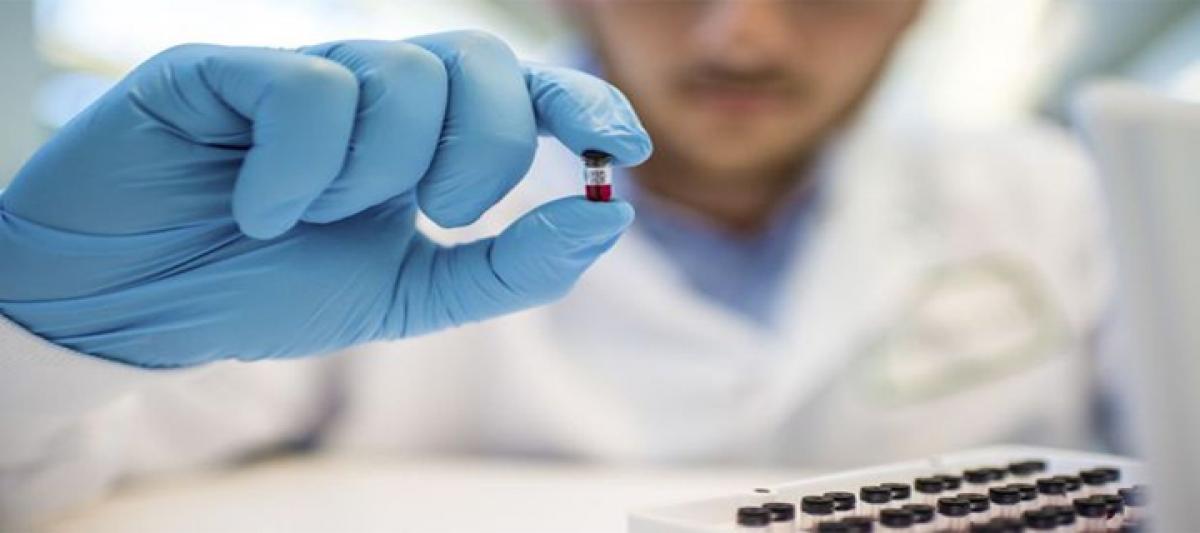Live
- Kerala Industries Minister confident that new policy will boost plantation sector
- Madras HC plans inter-departmental monitoring committee to combat drug use in TN
- Bihar: Spotted deer dies due to heart attack in Banka district
- Mushtaq Ali T20: Shami to spearhead Bengal bowling attack, Gharami named captain
- Kharge's clarion call to oust Maharashtra's BJP-backed MahaYuti
- Why Ukraine’s Use of US Missiles Against Russia Could Lead to World War 3
- SDM slapping case: Protestors demand release of Naresh Meena
- 'Back to basics, march to future' approach reason for India's success, says PM Modi at Rio G20 Summit
- PKL Season 11: Telugu Titans humble table-toppers Haryana Steelers by 22 points
- Centre fine-tunes new railway line projects on Delhi-Chennai high density corridor










